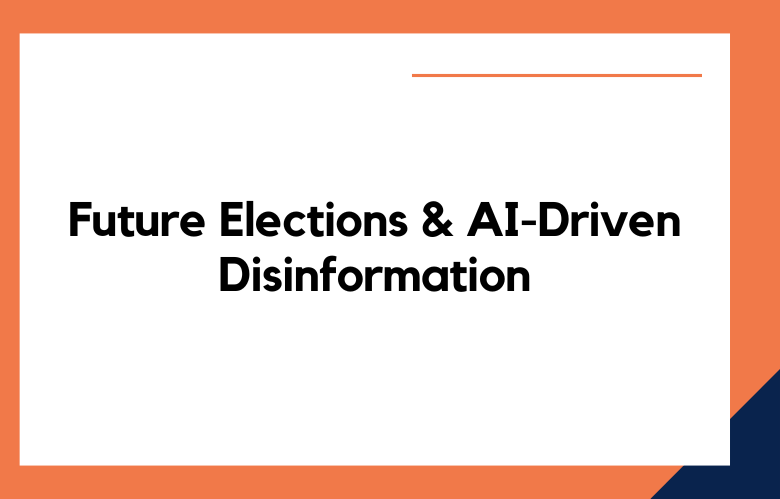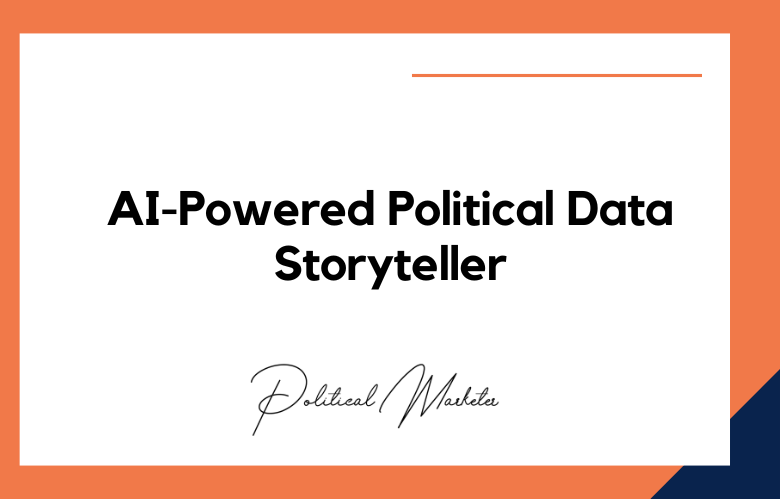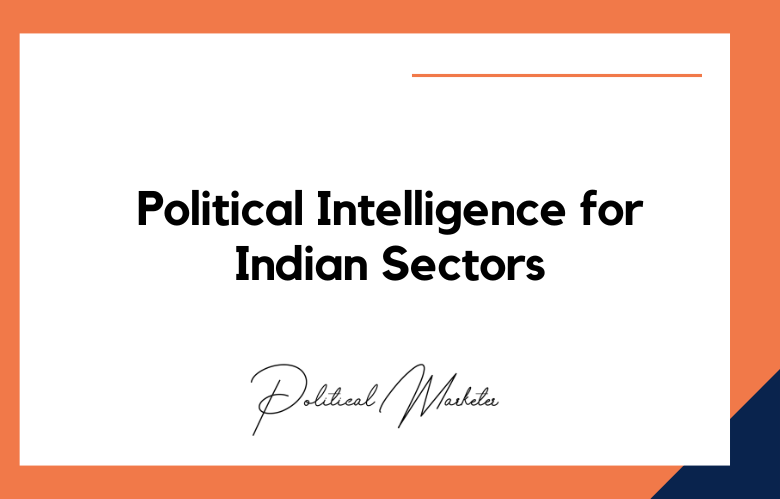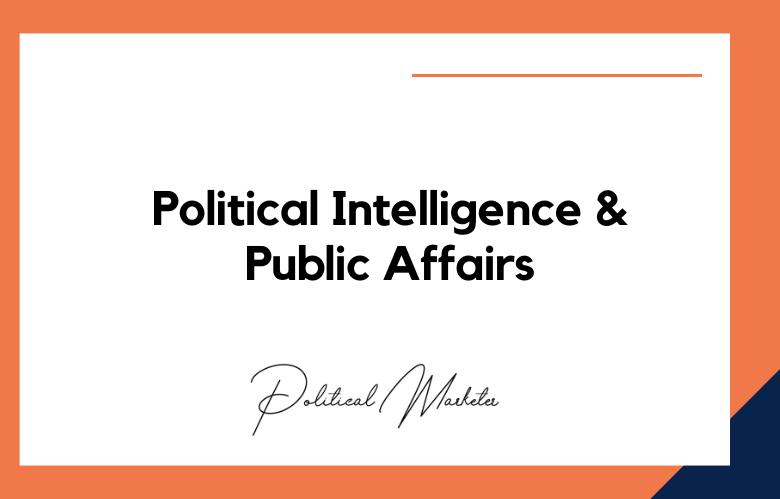As technology continues to advance at an unprecedented pace, the intersection of artificial intelligence (AI) and misinformation poses a significant threat to the integrity of future elections worldwide. With the proliferation of AI-driven disinformation campaigns, the landscape of political discourse is rapidly evolving, presenting new challenges for democracies around the globe.
AI-Driven Disinformation: A Threat to Future Elections
The emergence of AI-driven disinformation represents a paradigm shift in the way information is disseminated and consumed. Unlike traditional forms of propaganda, which rely on human intervention, AI-powered algorithms can generate and spread misinformation at an unprecedented scale and speed. This presents a formidable challenge for election integrity, as AI-driven disinformation campaigns can manipulate public opinion, undermine trust in democratic institutions, and ultimately influence election outcomes.
Moreover, the nature of AI-driven disinformation makes it particularly difficult to detect and combat. With sophisticated algorithms capable of mimicking human behavior and generating highly convincing content, identifying and debunking misinformation poses a significant challenge for both policymakers and tech companies alike.
In this article, we will explore the growing threat of AI-driven disinformation to future elections. From the key characteristics of AI-driven disinformation campaigns to the potential impact on election integrity, we will examine the ways in which this evolving threat is reshaping the political landscape. Join us as we delve into the complex intersection of AI and misinformation and explore strategies to safeguard the integrity of future elections in the face of this growing threat.
The Rise of AI-Driven Disinformation in Election Campaigns: Insights
The rise of AI-driven disinformation in election campaigns poses significant challenges to the integrity of democratic processes and public discourse. Here are some insights into this concerning trend:
Sophisticated Manipulation Tactics
AI-driven disinformation campaigns leverage advanced algorithms and machine learning techniques to manipulate public opinion and sow discord. These campaigns can employ tactics such as deepfake videos, AI-generated text, and automated bot networks to spread false information, amplify divisive narratives, and undermine trust in political institutions.
Targeted Micro-Targeting
AI algorithms enable disinformation actors to micro-target specific demographic groups with tailored messaging designed to exploit their vulnerabilities, fears, and biases. By analyzing vast amounts of data from social media and other online platforms, AI-driven disinformation campaigns can identify and exploit psychological triggers to manipulate voter behavior and sway election outcomes.
Scale and Speed of Dissemination
AI-powered disinformation campaigns can spread rapidly and at scale, reaching millions of users within minutes and amplifying the reach of false information exponentially. Automated bot networks can hijack trending topics, manipulate trending algorithms, and artificially inflate the visibility of disinformation content, making it challenging for platforms and authorities to detect and mitigate the spread of false information.
Erosion of Trust and Polarization
The proliferation of AI-driven disinformation erodes trust in traditional media, political institutions, and democratic processes, contributing to heightened polarization and social unrest. By spreading false narratives and conspiracy theories, AI-driven disinformation campaigns exacerbate existing divisions within society, undermine public confidence in democratic institutions, and erode the foundation of civil discourse.
Challenges for Detection and Attribution
Detecting and attributing AI-driven disinformation campaigns pose significant challenges due to the complexity and sophistication of the techniques involved. AI-generated content can be indistinguishable from genuine content, making it difficult for platforms, fact-checkers, and authorities to identify and counteract disinformation effectively. Moreover, attribution of disinformation campaigns to specific actors or state-sponsored entities can be elusive, further complicating efforts to hold perpetrators accountable.
Combatting AI-Driven Disinformation: Safeguarding Democracy in Future Elections
As we look towards the future of democracy, the rise of artificial intelligence (AI) presents both unprecedented opportunities and profound challenges. While AI holds the potential to revolutionize various aspects of society, including governance and information dissemination, it also poses a significant threat in the form of AI-driven disinformation. In order to safeguard the integrity of future elections and protect democratic principles, it is imperative to combat the spread of AI-driven disinformation effectively.
The proliferation of AI-driven disinformation campaigns represents a clear and present danger to the democratic process. Malicious actors can leverage sophisticated algorithms and automated systems to manipulate public opinion, sow discord, and undermine trust in democratic institutions. From social media platforms to traditional news outlets, disseminating AI-generated misinformation poses a formidable challenge to election integrity worldwide.
In response to this growing threat, concerted efforts are needed to combat AI-driven disinformation and safeguard democracy in future elections. This requires a multifaceted approach that includes collaboration between governments, tech companies, civil society organizations, and international stakeholders.
By leveraging advanced technologies, implementing robust regulatory frameworks, and promoting media literacy and critical thinking skills, it is possible to mitigate the impact of AI-driven disinformation and uphold the principles of free and fair elections.
Unpacking the Role of AI in Spreading Disinformation During Election Seasons
The intersection of artificial intelligence (AI) and disinformation during election seasons has become a critical concern for democratic societies worldwide. AI technologies have rapidly evolved, offering new avenues for spreading and amplifying false narratives, manipulating public opinion, and influencing electoral outcomes. Understanding the role of AI in spreading disinformation during election seasons is essential for safeguarding the integrity of democratic processes and combating the proliferation of misinformation.
AI-powered bots and algorithms play a pivotal role in the dissemination of disinformation during election campaigns. These automated systems can generate and distribute vast amounts of content across social media platforms, amplifying misleading narratives and manipulating public discourse. By leveraging AI, malicious actors can target specific demographic groups with tailored disinformation campaigns, exploiting vulnerabilities and sowing division within society.
Furthermore, AI-driven deepfake technology presents a significant challenge during election seasons. Deepfakes, which involve the manipulation of audio, video, or images to create convincingly realistic yet fabricated content, can be used to deceive voters and undermine trust in political institutions. From spreading false information about candidates to fabricating incriminating footage, deepfakes pose a serious threat to the integrity of electoral processes.
Future-Proofing Elections: Addressing the Menace of AI-Generated Misinformation
In an era dominated by technological advancements, the landscape of elections is undergoing a profound transformation. However, alongside the promise of innovation, a looming threat casts a shadow over the integrity of democratic processes: the proliferation of AI-generated misinformation. As we look toward future elections, it is imperative to confront and address the menace posed by AI-generated misinformation to safeguard the democratic foundation upon which societies thrive.
The emergence of AI-generated misinformation represents a formidable challenge to the integrity of elections worldwide. With the ability to amplify false narratives, manipulate public opinion, and erode trust in democratic institutions, AI-driven disinformation campaigns pose a grave threat to the very fabric of democracy. As such, combating this menace requires proactive measures to fortify electoral processes against the onslaught of deceptive tactics.
Future-proofing elections against AI-generated misinformation demands a comprehensive and multi-pronged approach. This entails leveraging advanced technologies for detection and mitigation, fostering media literacy and critical thinking skills among citizens, and strengthening regulatory frameworks to hold perpetrators of misinformation accountable. By embracing these strategies, stakeholders can bolster the resilience of electoral systems and uphold the principles of free and fair elections in the face of evolving threats.
Elections How AI-Driven Disinformation is Shaping Political Narratives
In the digital age, the fusion of artificial intelligence (AI) and disinformation has become a potent force in shaping political narratives during elections. AI-driven tools and techniques are increasingly being employed to spread misinformation, manipulate public opinion, and influence electoral outcomes. Understanding the role of AI-driven disinformation is crucial for comprehending the evolving landscape of political discourse and safeguarding the integrity of democratic processes.
AI-powered bots and algorithms play a central role in disseminating disinformation and shaping political narratives. These automated systems can generate and amplify false narratives across social media platforms, exploiting vulnerabilities in the information ecosystem. By targeting specific demographics and leveraging sophisticated targeting strategies, AI-driven disinformation campaigns can sow division, erode trust in institutions, and influence voter behavior.
Deepfake technology, powered by AI, poses another significant threat to political discourse during elections. Deepfakes, which involve the manipulation of audio, video, or images to create convincingly realistic yet fabricated content, can be used to deceive voters and undermine the credibility of political actors. From spreading false information about candidates to fabricating incriminating footage, deepfakes can have far-reaching implications for the integrity of electoral processes.
Defending Democracy: The Growing Influence of AI in Election Interference
Defending democracy against the growing influence of AI in election interference requires a multifaceted approach that addresses both technological vulnerabilities and societal resilience. Here are some strategies to combat AI-driven election interference:
Enhanced Cybersecurity Measures
Strengthening cybersecurity measures is essential to safeguarding election infrastructure against AI-driven attacks. This includes securing voter registration databases, election management systems, and voting machines against hacking, tampering, and other cyber threats. Investing in robust encryption, multi-factor authentication, and intrusion detection systems can help defend against AI-powered cyberattacks.
Transparency and Accountability
Promoting transparency and accountability in election processes is critical to building trust and confidence in democratic institutions. This includes ensuring transparency in political advertising, campaign financing, and election administration. AI algorithms used for voter profiling, micro-targeting, and content recommendation should be subject to transparency requirements to enable independent auditing and oversight.
Combatting Disinformation
Addressing the spread of AI-driven disinformation requires a comprehensive approach that combines technology, education, and regulation. Social media platforms should implement proactive measures to detect and mitigate the spread of false information, including AI-powered content moderation tools, fact-checking initiatives, and algorithmic transparency requirements. Promoting media literacy, critical thinking skills, and digital resilience among the public can help inoculate voters against the influence of disinformation.
International Cooperation
Election interference is a global phenomenon that requires international cooperation and coordination to effectively address. Governments, intergovernmental organizations, and civil society groups should collaborate to share information, best practices, and resources for countering AI-driven election interference. International norms and standards for responsible behavior in cyberspace can help establish a common framework for deterring malicious actors and holding them accountable for their actions.
Ethical AI Development
Promoting the responsible development and deployment of AI technologies is essential to prevent their misuse for election interference purposes. AI developers and practitioners should adhere to ethical guidelines and principles that prioritize fairness, transparency, and accountability in algorithmic decision-making. Policymakers should consider regulatory measures to mitigate the risks of AI-driven election interference, including requirements for algorithmic transparency, bias mitigation, and independent auditing.
Civil Society Engagement
Civil society organizations play a crucial role in defending democracy against election interference by monitoring and exposing threats, advocating for policy reforms, and empowering citizens to participate in democratic processes. Supporting civil society initiatives that promote transparency, accountability, and electoral integrity can help strengthen democratic resilience and safeguard against the influence of AI-driven interference.
Conclusion
The rise of AI-driven disinformation poses a significant threat to the integrity of future elections worldwide. As artificial intelligence becomes increasingly sophisticated, malicious actors have the potential to weaponize AI algorithms to spread misinformation, manipulate public opinion, and undermine democratic processes. To safeguard the integrity of elections, it is imperative for governments, tech companies, and civil society organizations to collaborate on comprehensive strategies to combat AI-driven disinformation.
This includes investing in AI-powered detection tools, promoting media literacy and critical thinking skills among citizens, and implementing robust regulatory frameworks to hold perpetrators of disinformation campaigns accountable. By taking proactive measures to address this growing threat, we can protect the democratic principles upon which free and fair elections depend.











